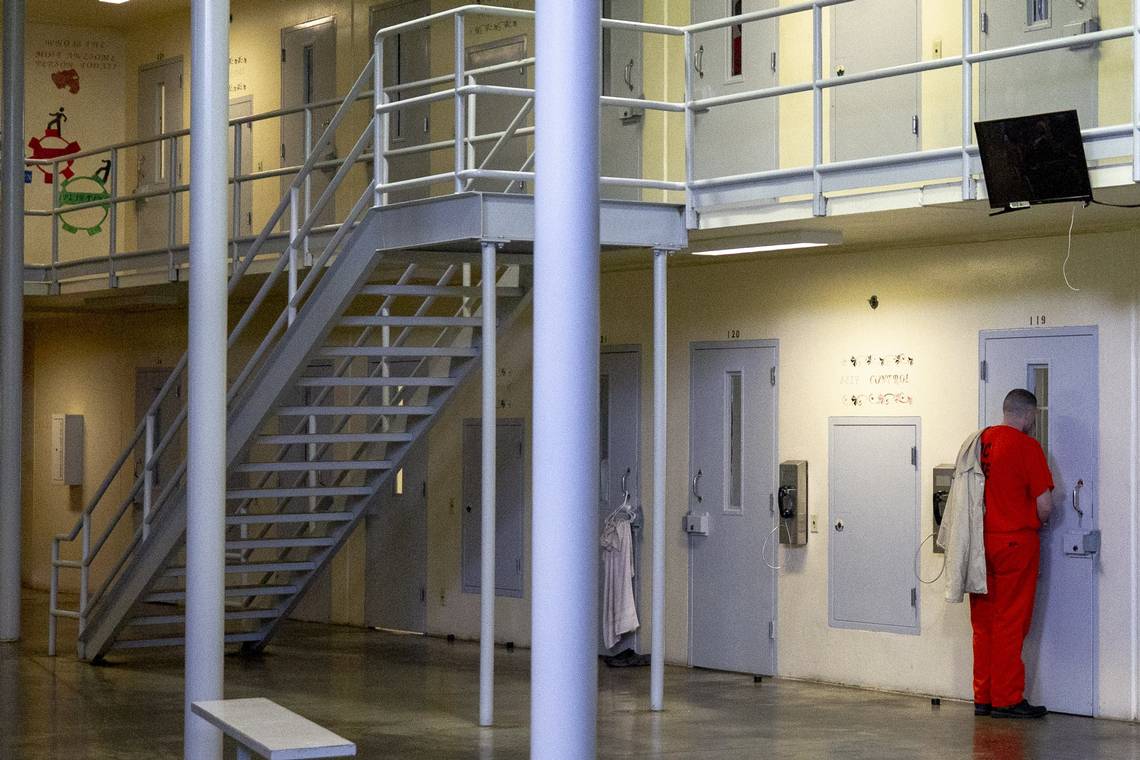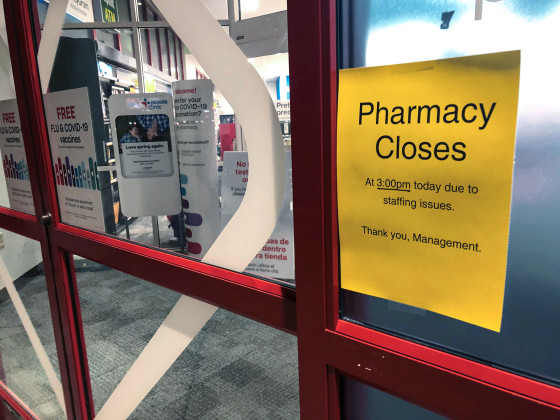
Golf Cart Injuries Have Increased
Golf cart injuries have increased over the last fourteen years due to the increased use of golf carts, their increased power and speed, their design, and little regulation. “The zippy means of transportation – no longer limited to golf courses – carries “considerable risk of injury and morbidity” to drivers and passengers of all ages…” (SafetyandHealthMagazine.com)
When Was the Golf Cart Invented?
The golf cart was invented in 1932 “to afford unwell, older, or handicapped golfers the ability to travel the course while simultaneously reducing the burden of carrying equipment and to speed progression of play.” (ScienceDirect.com)
Today, golf carts are a popular mode of transportation off the golf course as well, especially in retirement communities, beach communities, college campuses and residential neighborhoods.
Injury Statistics
In a National Electronic Injury Surveillance System (NIESS) study, spanning the years 2007 to 2017, over 156,000 people were treated in emergency rooms in the United States due to golf cart-related injuries. Over that 11-year period, “the number of golf cart-related injuries increased by approximately 14.7%…from an estimated 14,599 cases…in 2007, to an estimated 16,752 cases…in 2017…” (ScienceDirect.com)
Golf Cart Death Statistics in South Carolina
In the Palmetto State, in just the last few years, there have been several golf cart deaths:
- 2017, a man fell out of a golf cart on Folly Beach, hit his head on the pavement, and died.
- 2019, a Greenville County woman crashed a golf cart, resulting in a heart attack and death.
- July of 2020, Melanie Popjes was a passenger in a golf cart on Fripp Island. She was holding her infant daughter in her lap. Popjes fell off the golf cart, with the baby cradled in her arms. The infant was safe, because Mrs. Popjes had prevented her daughter from hitting the pavement. Unfortunately, Mrs. Popjes lost her life.
Melanie Popjes mother, Dian McDermott, is calling for stricter enforcement of current golf cart regulations, and for further regulation, including a seat belt requirement and a requirement for car seats for children under a certain age and weight. (PostandCourier.com)
Golf Cart Regulations in South Carolina
Do you know the current golf cart regulations in South Carolina?
To read the regulations, see Section 56-2-105 of the South Carolina Code of Laws (Golf cart permit and the operation of a golf cart).
“Despite the high rate of injuries, there have been no meaningful changes in golf cart design or legislation to reduce the overall burden of these injuries.” (ScienceDirect.com) So, for now it’s left up to us, golf-cart drivers and passengers, to keep ourselves and others safe.
Safety Tips
These Golf Cart Safety Tips can help:
- Keep arms and legs in vehicle at all times.
- Always use seat belts. If not installed, have them installed.
- Abide by all normal traffic rules.
- Do not drive when under the influence of drugs or alcohol.
- Know and use hand signals.
- Drive defensively.
- Do not drive in extreme weather.
- Perform safety checks at least twice a year. Golf carts need maintenance just like your car or truck.
- Have headlights and taillights installed.
- Don’t let inexperienced drivers drive.
- Avoid carrying too much weight. Carry only the number of people the golf cart is designed to seat.
- Check your surroundings, being aware of blind spots.
- Yield to pedestrians.
- Avoid driving on bumpy or uneven terrains.
For more golf cart safety tips:
The Law Offices of David L. Hood – Golf Cart Accident Lawyer in South Carolina
If you or a loved one has been injured in a golf cart-related accident due to someone else’s negligence, let the legal team at The Law Offices of David L. Hood help you navigate the situation professionally. We have years of experience in helping people involved in serious accidents figure out the legal requirements and details needed to move forward after a catastrophic injury. After gathering all the necessary information, we will pour our efforts into building your case to get a fair settlement or take it to trial.
Our team and co-counsel has years of experience representing accident victims and their families throughout South Carolina. Having a passion to help, we offer a free initial consultation where we provide candid legal advice on what options you may have. If you choose to work with us, we promise a contingent-fee based case, where you don’t pay unless we get a recovery in your case.
You can find our contact information on the page here and schedule your free consultation session.
Other online resources used in writing this article:








